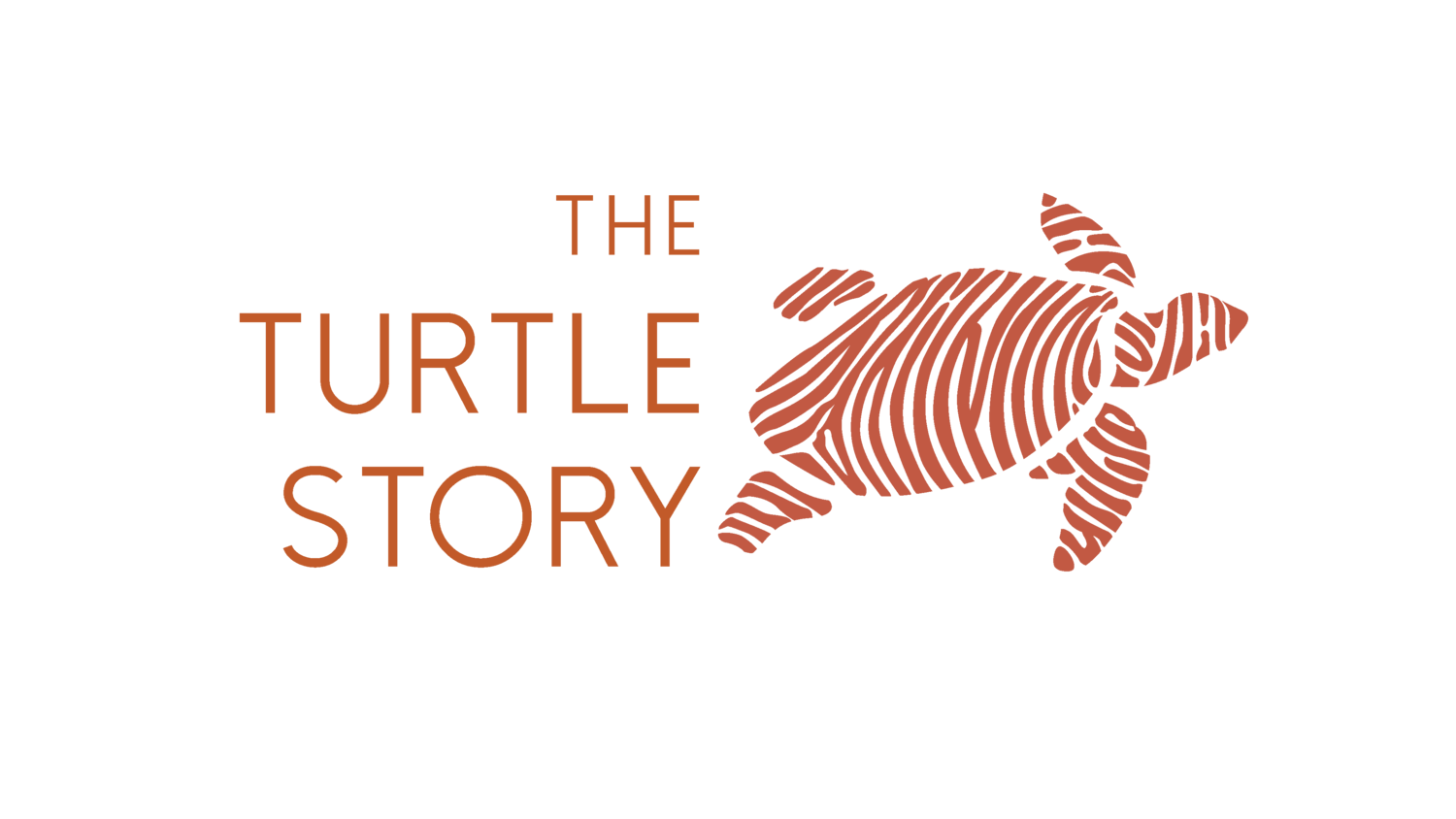Sustainability - Are we there yet?
As designers and customers alike, we often wonder how we can help keep our planet green and eco-friendly and do our bit for the world. These tendencies tend to spike tremendously after a hard-hitting podcast, an article or a video on living green, off the grid and leaving no carbon footprints. More often than not, this results in an impulsive sustainable product purchase leading to a momentary satisfaction in the human minds.
However, the fundamental question here is : Do we really understand sustainability? This question popped up in our studio couple of months ago when a client approached us with an exciting opportunity to launch a sustainable & eco-conscious brand. In a long-drawn discussion, all of us hashed out what we recognized as a ‘sustainable’ practice, both as a brand and as an individual and the list more or less looked the same for everyone - Use of paper instead of plastic, organically sourced produce, no animal abuse and the 3Rs – Reuse, Reduce, Recycle.
But do we, as humans and as firms or Fortune 500 companies, recognize and understand the true meaning of sustainability? While the movement from plastics to biodegradables has been swiftly taking place, we forgot to check our landfills & deforestation percentages. In that case, do we identify the existing brands as sustainable or consider them just a marketing gimmick? What happened to the billions of old packaging materials that were stocked in the inventories of thousands of warehouses & factories? As customers and as the citizen of the country, how do we find out?
The topic of sustainability is eerily similar to a deep sea, the bottom of which is difficult for our eyes to see. But it is also like the quicksand, difficult to get out of once you are stuck in it. For any product to be sustainable, the process has to be ethical & transparent right from the sourcing of raw materials, the production cycle, the distribution and finally the disposal. While speaking of disposable arrives the million dollar question : who is responsible for the sustainable movement that our planet is headed towards – the individuals who are consuming the products or the stakeholders who produce them?
This discussion takes us back to the time when large-scale production & the industrial revolution had just about begun, and both companies and individuals were conscious in their sustainable manufacture and use of consumer products. For companies, raw material was usually organically sourced or produced, and the production lines more or less hand-run. Inventory used to be low as were the sales & consumption and the overall environment was favorable for everyone. Individuals were not caught up in the race of consumerism yet, and each mass-produced item was carefully brought into the house, more often than not used till it was almost falling apart and only then disposed off. This naturally allowed the reuse, reduce and recycle triangle to come into play. So what do we do about this in the 21st century? Do we go back to the times of the old in an attempt to preserve the truly sustainable manufacturing process, or do we take responsibility of having damaged the planet beyond repair and invest in truly natural, chemical free & biodegradable products? The answer is quite simple. Brands need to be completely transparent with their consumers & explain the entire life cycle of their product so one can take a sound decision while making a purchase. Only with ethical processes & shifting focus of technology towards making sustainable practices & end products can we dream of an eco-friendly ecosystem. A lot of products could be reused as hand-me-downs & those shouldn’t be frowned or looked down upon. Brands need to come up with ideas to sustain the life cycle of their products while not missing out on the sourcing, manufacturing, packaging & other processes too. Agencies, influencers & companies need to talk more about eco-conscious living & glorify natural, organic processes that would lead to a eco-friendly, sustainable life for all.
The true meaning of sustainability lies in meeting our own needs without compromising the ability of the future generations to meet theirs and avoiding the depletion of natural resources in order to maintain an ecological balance. This is our chance to do our bit. Think & choose your next purchase very carefully & be conscious about the life cycle of the product even after it moves away from your hands. #ChooseCarefully
Stay Golden!
Turtle Talks

